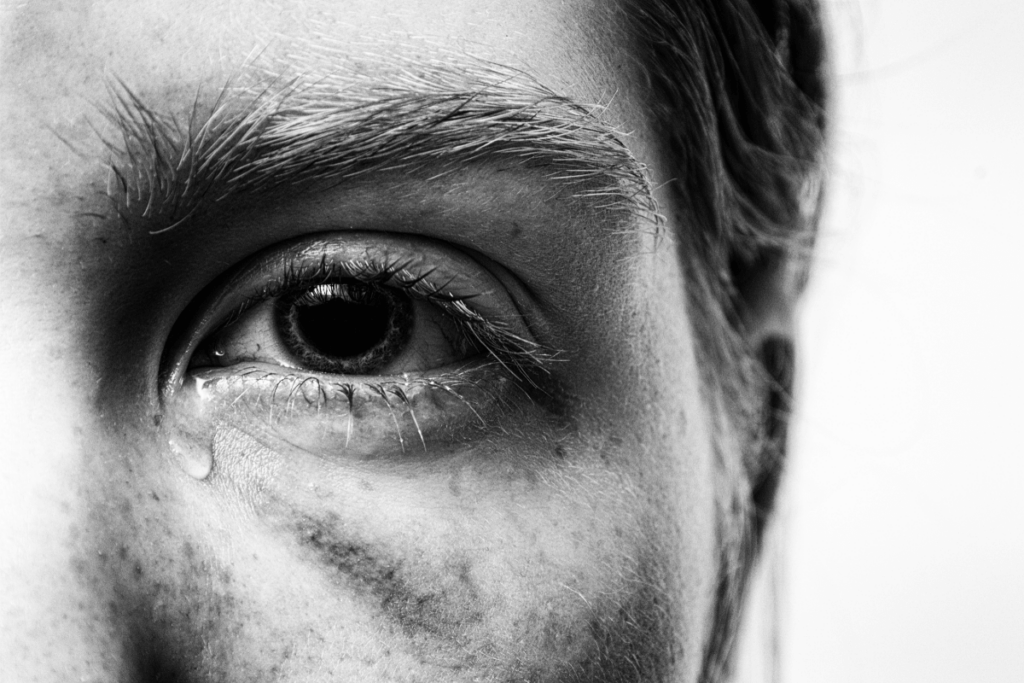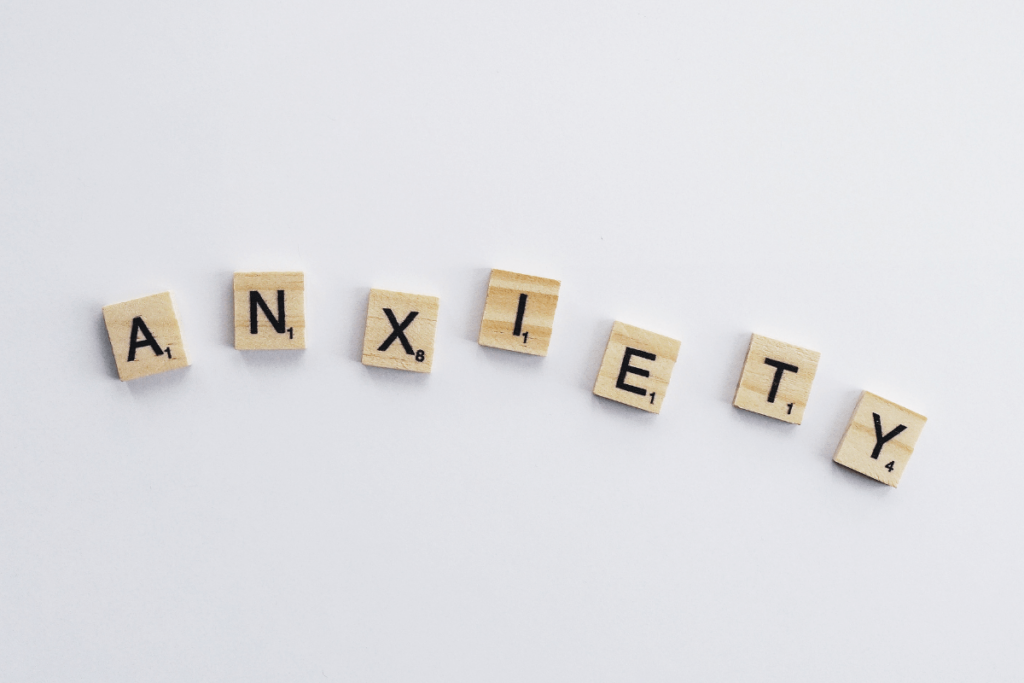Post-traumatic stress disorder (PTSD) is a disorder that develops in people who have experienced a shocking, dangerous, or scary event.
While it’s expected to feel scared after a traumatic experience, people with PTSD experience ongoing symptoms that interfere with their daily lives and affect their relationships. When this happens, it’s important to seek PTSD treatment in Scottsdale with a reputable center like Healing Foundations Center.





